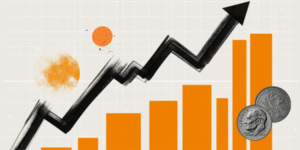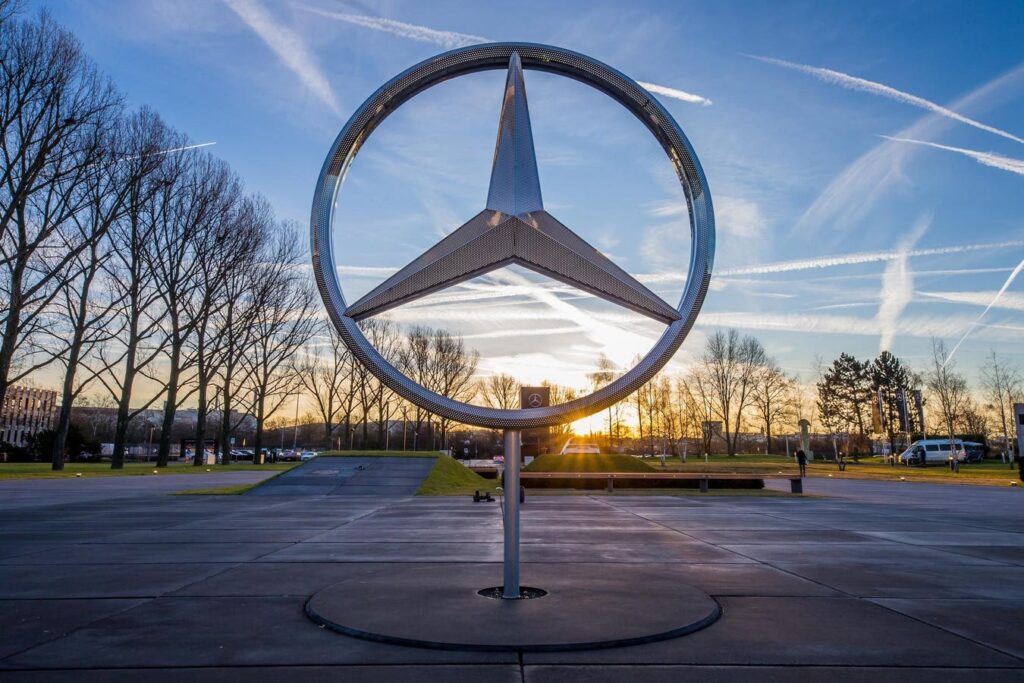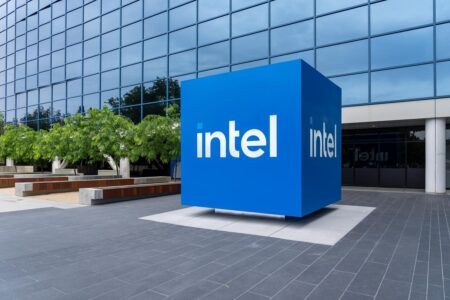Germany has the third-largest Gross Domestic Product (GDP) in the world, behind only the U.S. and China but its momentum has stalled in recent years. Its $4.5 trillion GDP is expected to contract in 2025 for the third year in a row by a modest 0.3%, and its renowned auto industry is going through a rough patch.
The nation’s presence on Forbes’ annual Global 2000 list ranking the world’s 2,000 largest public companies dipped slightly to 49 companies after putting 50 on the list a year ago. Automakers Volkswagen, Mercedes-Benz, BMW, Daimler Truck and Porsche SE, the holding company which owns large stakes in Porsche and Volkswagen, all fell more than 10 spots on the list.
Germany’s highest-ranked company is Munich-based insurer and financial services firm Allianz, which moved up six slots to No. 25 on the overall list. Allianz’s asset management operations include a majority stake in Pimco, the American fixed income manager co-founded by bond billionaire Bill Gross. Allianz bought 70% of the business in 2000 for $3.3 billion, but Pimco still operates independently and manages $2 trillion in assets. Overall, Allianz is the only company headquartered in Germany that’s in the top 100 worldwide in each of the four metrics tracked by the Global 2000: sales, profit, assets and market value. Its $167 billion in 12-month revenues is 13% higher than a year ago, and its net profit has grown 9% to $10.6 billion.
Six other companies based in Germany made the top 100 of the Global 2000—Deutsch Telekom, Volkswagen, Siemens, Mercedes-Benz, Munich Reinsurance and BMW—but it’s been a challenging year for the carmakers. Mercedes-Benz and BMW have both posted revenue and profit declines since last year, while Volkswagen’s revenue inched up 0.7% to $351 billion but saw profit shrink 29% to $11.6 billion. The market values for all three fell by more than 15%.
These declines were largely driven last year by weakening demand for cars in China, but tariffs have now thrown an even bigger wrench into these businesses. In March, Donald Trump announced a 25% tariff on all imported cars in an effort to pressure foreign carmakers to move more manufacturing to the U.S. Although most of the reciprocal tariffs announced on “Liberation Day” on April 2 have been paused to give nations time to negotiate deals with the U.S., these auto tariffs remain in effect. Mercedes-Benz withdrew its guidance for the rest of 2025, citing volatility caused by the tariffs, and Volkswagen lowered its profit margin expectations to between 5% and 6%.
Other parts of Germany’s economy have been bolstered by a stimulus plan announced in March, promoted by newly-elected chancellor Friedrich Merz. The country has pledged to establish a new $570 million infrastructure fund to finance construction and special projects for the next 10 years and loosened its borrowing caps. The plan triggered a rally for electric utilities stocks like E.ON, which rose 103 spots to No. 176 on the Global 2000, RWE, which moved up 59 slots to 278th, and EnBW, up 268 spots from 714th to 446th. All three have recorded significant profit growth since last year.
Defense firm Rheinmetall, which makes tanks and weapons and has tripled in value in the last year thanks to the European Union’s pledge to increase defense spending, also moved up 393 spots to No. 935 on the list. Another beneficiary of that trend is MTU Aero Engines, which makes engines for aircraft and surged onto the list for the first time at No. 1,356. Its stock has nearly doubled since the start of 2024, and annual sales are up 38% to $8 billion.
MORE FROM FORBES
Read the full article here
















